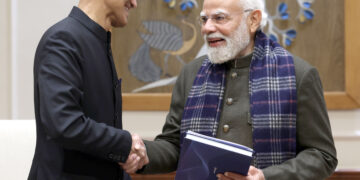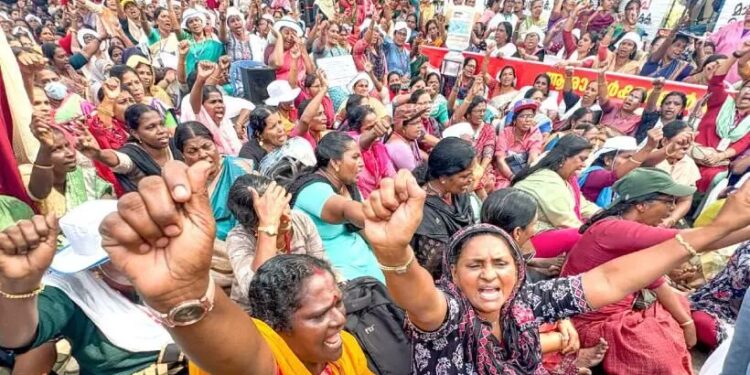In rural India, where access to healthcare is often limited, Accredited Social Health Activists (ASHAs) serve as the backbone of the country’s public health system. These community health workers, numbering over one million, connect remote villages to essential medical services, ensuring care reaches the most marginalized. Yet, despite their critical role, ASHA workers face low wages, lack of job security, and unmet demands for basic rights, sparking protests across states like Kerala, Karnataka, and Odisha.
ASHAs, mostly women, were introduced in 2005 under India’s National Rural Health Mission to improve maternal and child health, promote vaccinations, and raise awareness about nutrition and hygiene. Their work has been transformative—helping reduce India’s maternal mortality ratio from 130 per 100,000 live births in 2014-16 to 97 in 2018-20, according to government data. From guiding pregnant women to health centers to ensuring children are immunized, ASHAs are often the first point of contact for healthcare in rural areas.
However, their classification as “volunteers” rather than formal employees leaves them without guaranteed salaries, pensions, or social security benefits. Many earn as little as $80-$100 a month, with payments varying by state and often delayed. In Kerala, ASHAs have been protesting since February 2025, demanding a monthly honorarium increase from $80 to $250 and a $5,800 retirement benefit at age 62. Similar demands echo in Karnataka, where workers seek a $115 monthly honorarium, and in Odisha, where ASHAs are pushing for job regularization.
Protests have intensified as governments have been slow to respond. In Kerala, ASHAs have campaigned door-to-door, urging voters to hold authorities accountable. In Bengaluru, a 2025 protest led the local government to agree to a small payment for additional survey work, but core demands remain unmet. “We are the backbone of rural healthcare, yet we work with no security or fair pay,” said an ASHA worker from Odisha, echoing a widespread sentiment.
The struggle highlights a broader issue: the undervaluation of informal workers in essential sectors. While some states, like Karnataka, have raised honorariums after strikes, the lack of a uniform national policy leaves disparities. The Indian government insists it offers competitive payments, but ASHAs argue their compensation does not match their workload or impact.
For global observers, the ASHA workers’ fight underscores a universal challenge—ensuring fair treatment for frontline health workers. Their role in bridging healthcare gaps in rural India is undeniable, yet their call for dignity, fair wages, and recognition remains unanswered. As protests continue, the world watches to see if India will prioritize these unsung heroes in its quest for equitable healthcare.






































